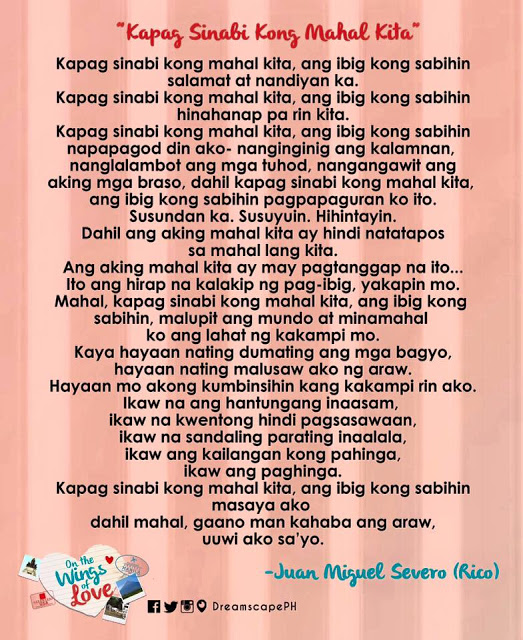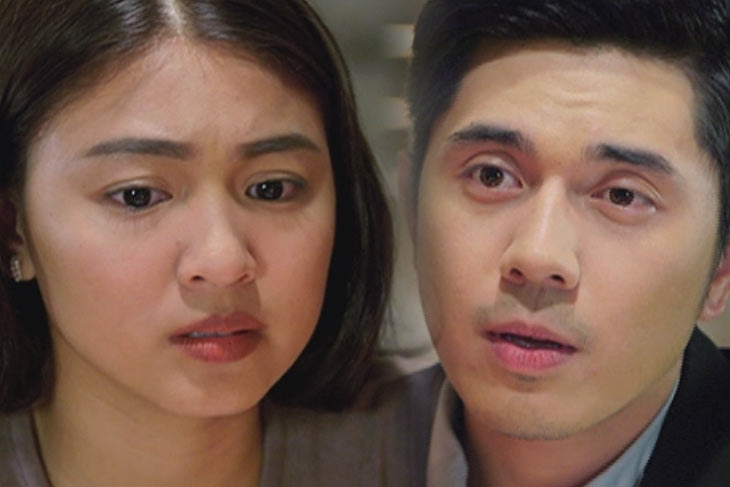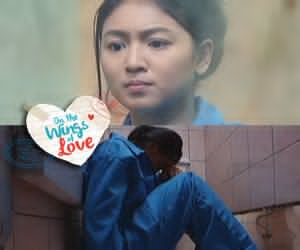Achieve na Achieve: 8 Reasons Why OTWOL Was Unlike Any Other Teleserye
Feb 27, 2016 • Rogie Vasquez
Feb 27, 2016 • Rogie Vasquez
 Achieve na Achieve:
Achieve na Achieve:By Rogie Vasquez
Arguably one of the most successful teleseryes this year, On The Wings Of Love (OTWOL) veered away from the traditional formula of Filipino romance drama. No kidnapping scenes, no patayan, no major slapfests. OTWOL is as realistic and refreshing as you could ask for from a teleserye.
While Otwolistas are keeping their fingers crossed for an OTWOL part 2 or a movie version (*coughs* hi ABS-CBN and Dreamscape!), let’s take a moment to reflect on 8 things that made the show such a breath of fresh air.

Gone were the days when you could only catch spoken word artists in distinct bars or coffee shops or through Youtube. OTWOL incorporated spoken word poetry in crucial turning points of the series through Rico, the character played by poet Juan Miguel Severo. What better and more artistic way to express so much heartfelt emotion and #feelings than through poetry?
“Dahil mahal, gaano man kahaba ang araw, uuwi ako sa’yo.”

Though up for debate, the main kontrabidas of the series are Jigs and Simon. While the two did everything they could in order to steal Leah from Clark, the show made it a point to show the humanity of the two characters. Jigs and Simon were not portrayed as wicked souls who engage in extreme (and sometimes illegal) acts like what traditional teleserye villains would do. Instead, OTWOL showed the deep-seated issues of Jigs, being a product of a dysfunctional family, and Simon’s painful past as motivation for their behavior.

Perhaps one of the most intriguing issues that OTWOL touched on was the existence of arranged marriages by migrants to obtain a US Green Card. Such was the dilemma encountered by Leah in the first part of the series, which led her to marry Clark.
Also, OTWOL showed how working abroad is not as easy as some imagine it to be–OFWs battle homesickness and the difficult truth that at times, having one job is just not enough to compensate for the sacrifice of leaving your home and loved ones.

Remember when Clark had to do the Filipino way of courtship in order to please Tatang Sol? He fetched water and sang a harana for Leah, reminding all of us that being a gentleman doesn’t mean bending over backwards or being under the saya–it simply means treating a woman with respect and admiration and giving them the care they deserve.
Pages: 1 2
Input your search keywords and press Enter.
